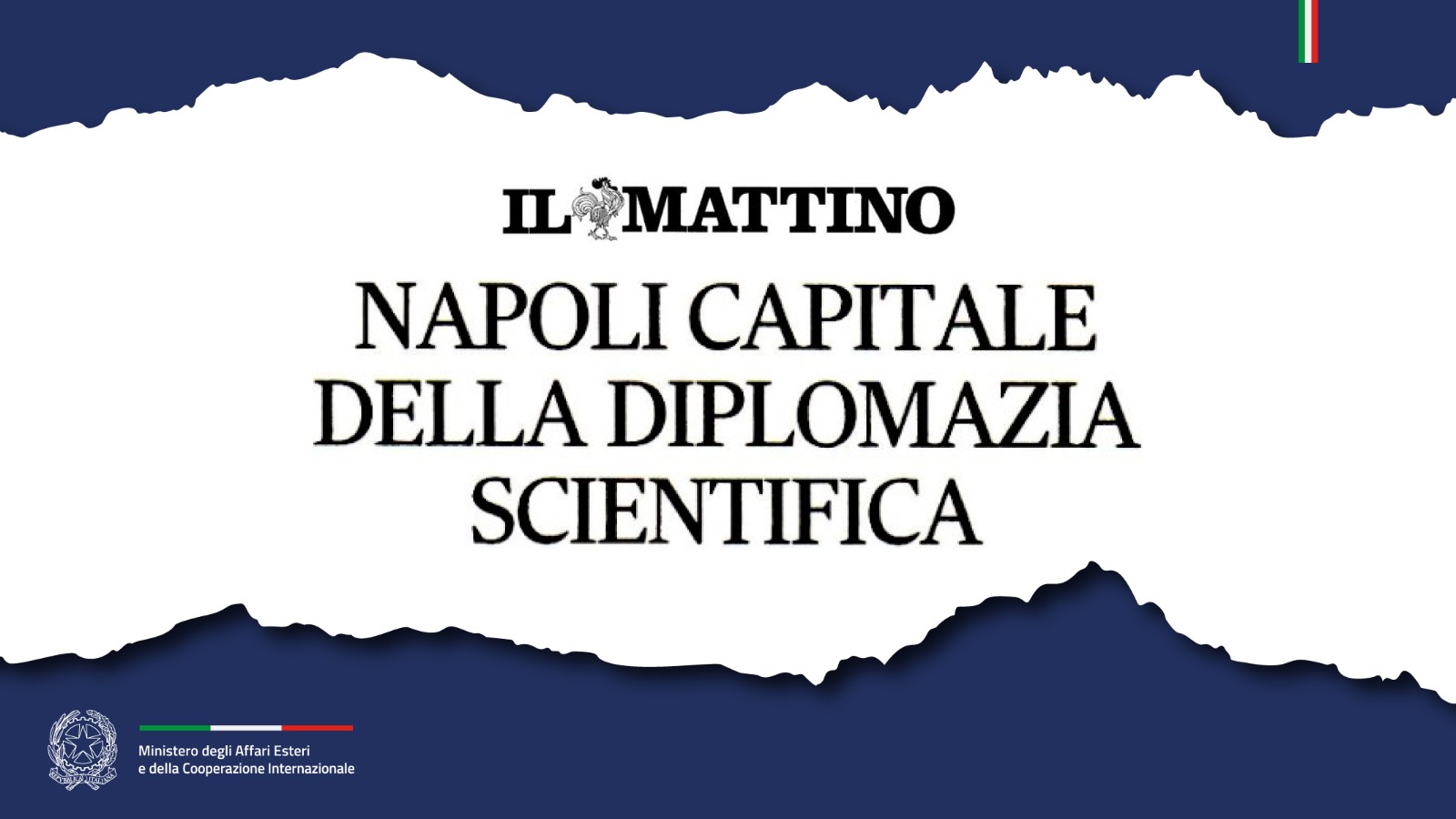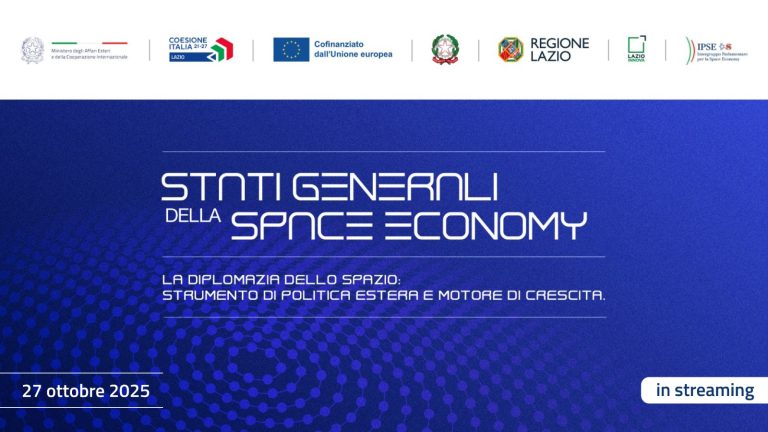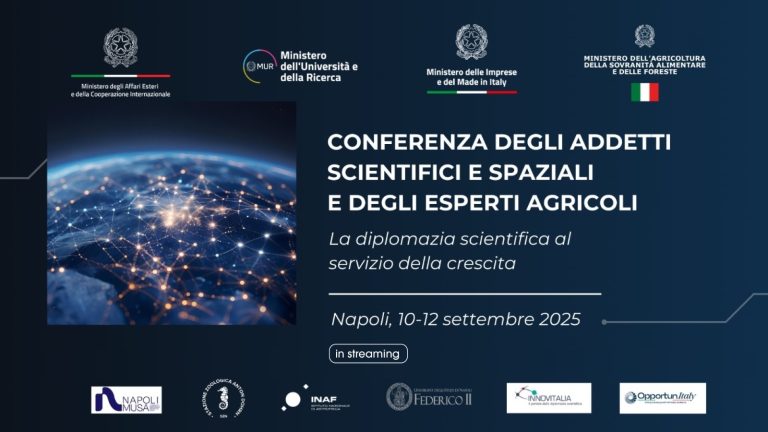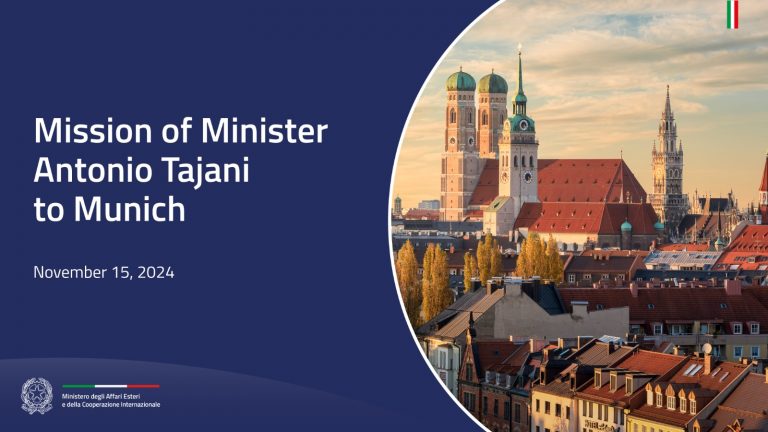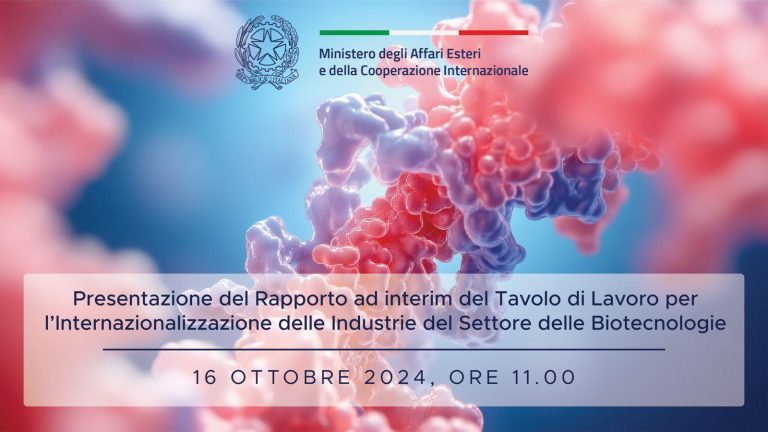Technological innovation is today one of the primary drivers of the profound social, economic and cultural transformations we are experiencing. And it’s not just about artificial intelligence. We are also talking about quantum computing, biotechnology, cyber security, and new space technologies. Tackling these emerging challenges requires swift, innovative, and effective solutions. Above all, we must build a structured ecosystem that supports research and innovation in Italy and ensures the competitiveness of our national system in the global race for leadership in frontier technologies. Italy is far from unprepared. We are an undisputed global power in the scientific field – a fact evidenced daily by the work of over 30,000 Italian scientists abroad, true “ambassadors” of our national excellence.
We also benefit from a vast network of high-level technological hubs, science parks, innovation districts, and research centres across the country. Moreover, Italy’s active role in major European scientific organisations (from CERN to ESO), as well as our ability to attract large international research infrastructures (such as the Einstein Telescope, which we aim to host in Sardinia), not only provides a prestigious environment for our researchers, but also brings important high-tech industrial opportunities. Our task, therefore, is to promote this ecosystem internationally through scientific diplomacy that supports the development of our country and its regions.
For this reason, I chose Naples—on the occasion of the 2,500th anniversary of the city’s founding—as the venue for bringing together over 60 Scientific Attachés and Agricultural Experts of the Ministry of Foreign Affairs. These are highly specialised professionals who turn our Embassies into true outposts of Italian research around the world. For two days, on 10 and 11 September, they are meeting here in Naples. And Naples was the natural choice. The city is increasingly becoming the Italian “Silicon Valley”. Europe’s only Apple Developer Academy is located here, launched in 2016 in partnership with the University of Naples Federico II. Apple chose Naples not only for the excellence of its academic institutions in technical and scientific fields, but also due to a vibrant social and entrepreneurial fabric, historically open to collaboration with the rest of the world. A genuine “digital district” is taking shape—composed of multinational subsidiaries as well as local enterprises—fostering the exchange of knowledge and maintaining close links with the city’s university research. The choice is further validated by the economic data: in 2024, the Campania region ranked eighth in Italy for total exports, with pharmaceutical and chemical products accounting for nearly 40%. These are sectors where research and its practical application to industrial processes are crucial.
The objective of these two days is therefore to take stock of how scientific diplomacy can increasingly serve as a driver of growth. We aim to strengthen scientific cooperation not only with countries already at the forefront of innovation—such as the United States, Germany, Singapore and South Korea—but also with nations showing strong growth potential in science and technology, including Brazil, India, Serbia, and South Africa. To date, there are already 60 bilateral agreements in place on scientific and technological cooperation. Last year alone, we funded over 90 joint research projects under the Executive Protocols of those agreements.
We want to go further, and fully integrate research into our enterprise internationalisation strategies. This is also the guiding principle behind the new direction I have given to the Ministry of Foreign Affairs, with a major organisational reform recently approved by the Council of Ministers. The reform foresees the establishment of two new Directorates General: the Directorate General for growth and export promotion and the Directorate General for cyber affairs, IT and technological innovation, which will include both technical and political components.
This dual approach has two main goals: to further integrate research into the internationalisation strategies of our businesses, and to modernise our institutional framework—both in Italy and abroad—to stay abreast of technological innovation and respond more effectively to the needs of citizens and enterprises.
We want to support the internationalisation of our start-ups, and help our companies innovate and regenerate, enabling Italy to compete and gain ever greater prestige, credibility and opportunities—economic and otherwise—on the global stage. Starting from Naples, to reach the world.

